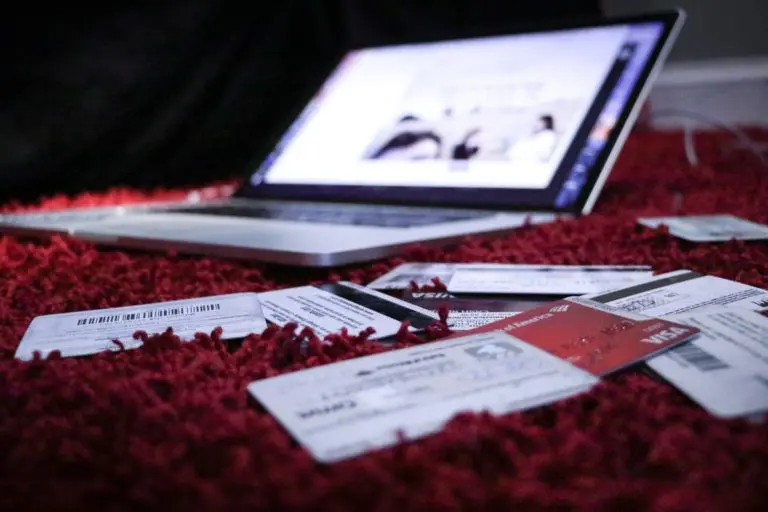Most Important Financial Tips for Raising Responsible Kids

In an ideal world, kids should be given early education about money and financial literacy. Unfortunately, not all of us grew up in a financially educated environment where money matters is a casual table topic and finding the best savings account for kids is a mandatory discussion. However, if you are now among the many parents who wish to raise a financially responsible kid, then here are a few tips that might come in handy along the journey.
Make Saving Money a Habit
When kids receive money, the first thing that probably comes to mind is what to purchase with that dollar. Sure, this is normal, but you can help them change their perspective by teaching them how the save-a-portion technique. Whatever money they get, they take out a portion of that for savings and then let them use the remainder of the money for whichever purpose they want. This way, you are showing that saving does not have to be painful, just responsible. This will also make them realize that saving does not mean that they cannot buy what they want anymore. Instead, they just have to be more strategic on how to get that merchandise and not end up with an empty pocket.
Educate Them about Budget
This may sound taunting in the beginning, but this tip has proven to be actually helpful for many parents. Once you have found the best savings account for kids, open up a personal account for your kid and park in a starting budget. Explain to them that you will be giving them a fixed allowance that they have to make work. If they want to buy something that is beyond the basic needs that you as parents should provide, give them the responsibility to decide on that and let them know that the money will come from their savings. This will help them develop a sense of awareness that money does not come free especially when they see a decrease in their bank savings. In the long run, this will also teach them how to spend smartly.
Teach Them Delayed Gratification
More often than not, when kids see something they want, they want it immediately and sometimes at all costs. There are times that as parents who just want to make their kids beaming from ear to ear, we give in to their desires. This habit may not teach them a helpful lesson. Instead, this would give them an idea that they can just get about anything because you can just buy it for them. It may be challenging in the beginning, but you can start with small steps. If you are in a shopping mall for example and they suddenly get the urge to buy an item right off the rack, encourage them to think long and hard before doing so, taking into account whether this would benefit them in the long run.
In the end, there will be moments when your kid will regret about a financial decision made. It could be a bad spending decision or a poor investment or just a bad judgment. Treat these experiences as learning opportunities and help your kid grasp the fact that this will happen. What is more important is that they learn along the way and they become smarter and more responsible in their finances as they grow up.









